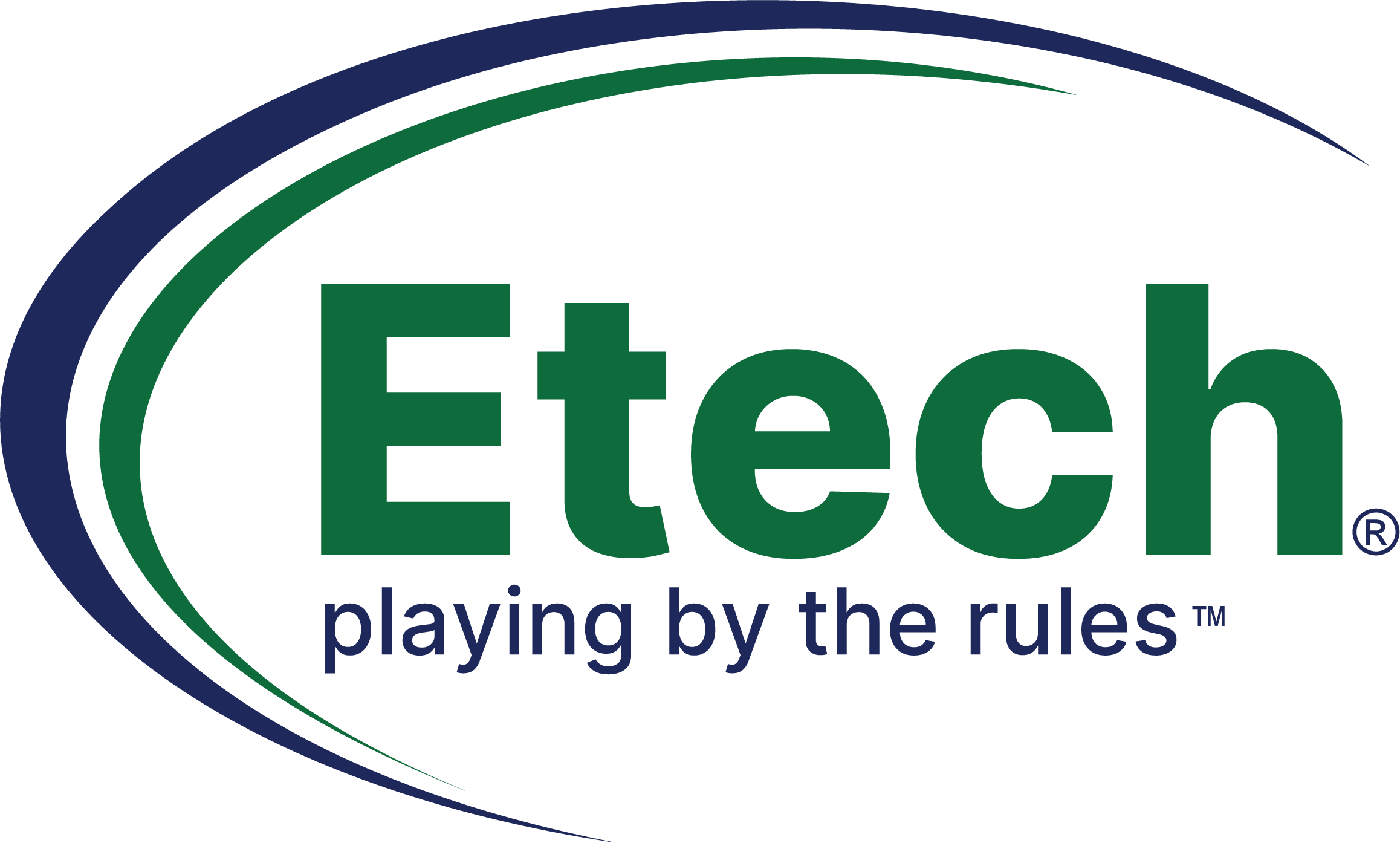Accountability: Is It Good or Bad?

Accountability: We hear that word thrown around a lot and for some it can hold deep meaning while for others it can conger up feelings of failure, belittling, defeat, you name it!
As I was thinking through what I wanted to say in this series entry, I came across an article by Roger Connors and Tom Smith of Partners in Leadership that I thought was quite profound. Here’s an excerpt:
What does it mean to be “held accountable?” Unfortunately, most people view accountability as something that belittles them or happens when performance wanes, problems develop or results fail to materialize. After all, when things are sailing along smoothly, people rarely ask, “Who is accountable for this success?”
Webster’s defines “accountable” as “Subject to having to report, explain or justify; being answerable, responsible.” Notice how the definition begins with the words “subject to,” implying little choice in the matter. This confession-oriented and powerless definition suggests what we all have observed—accountability is viewed as a consequence for poor performance; it’s a principle you should fear because it can only end up hurting you.
Consider the following new definition of accountability: “A personal choice to rise above one’s circumstances and demonstrate the ownership necessary for achieving desired results—to See It, Own It, Solve It, and Do It.” This definition includes a mindset or attitude of continually asking, “What else can I do to rise above my circumstances and achieve the results I desire?” It requires a level of ownership that includes making, keeping and answering for personal commitments. Such a perspective embraces both current and future efforts. Armed with this new definition of accountability, you can help yourself and others do everything possible to both overcome difficult circumstances and achieve desired results.
The full article is well worth the read and you can check it out here, but this excerpt really resonated with me because it’s SO TRUE! Accountability, for some, can have hugely negative implications that may be associated with failure. We almost never hold anyone accountable for success, while when there’s failure, that’s always the first question asked: “Who is responsible for this?” Someone’s going to take the blame for this failure. What happens when a company turns accountability around from blaming for failure to figuring out how we can do better? That’s kind of a refreshing perspective isn’t it?
This caused me to ponder how we approach this very important Character Commitment here at Etech. Are we causing people to fear accountability by tying it to failure, or are we creating a culture that embraces accountability by encouraging our staff to: SEE IT, OWN IT, SOLVE IT & DO IT?
As I continually work on improving my own application of accountability, I challenge you to do that same in your organization!
This blog has been written in a series based on the Etech Global Services 12 Character Commitments. It was written by Matt Rocco, President and General Manager of Etech Global Services. If you would like to learn more about Etech and our contact center technology and service solutions, please contact us at info@etechgs.com.


